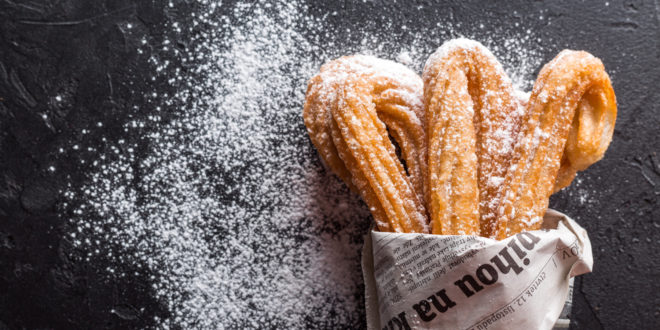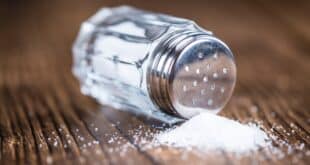You’ve just experienced what many confront almost daily — cravings. Cravings for chocolate, cake, cookies and other so called, “forbidden foods.” Sometimes, we aren’t even hungry. Where do cravings come from and what can we do? Scientists are not too sure why we crave, but there are a few theories:
Meal Skipping
Sometimes we get busy, we diet and we skip meals. Skipping meals may cause us to become ravenous, and hunger manifests itself through cravings.
Mood Changers
Stress and boredom, and hormonal changes can impact our mood for food. Some people eat starchy foods to elevate their mood. By eating foods like cereal, rice or potatoes, there may be an increase in a brain neurotransmitter called serotonin. This hormone is thought to lift a mood.
Roller Coaster Moments
Feeling up, down or bad about something can trigger cravings. Unfortunately, we reward ourselves with food. We reward for passing an exam or doing well in the classroom. Events such as birthdays are linked to food to make people feel good. In a sense, we never forget the “feel good” feelings and we recapture them in an ice cream cone or an extra slice of carrot cake. Also, researchers report that women who crave high fat/sugar foods may experience a release of euphoric chemicals called opiods in the brain. When the euphoric feelings die down, we eat to feel that high again.
Cutting Foods Out
When we remove a favorite food from our diet, we set ourselves up to crave them later. Just as people crave alcohol, caffeine, or nicotine, we can crave foods.
There are other theories that have been proposed about cravings — deficiencies in magnesium or other nutrients, consuming caffeine and alcohol, or a drop in blood glucose levels. Until scientists learn more about cravings, here are a few things we can do to help cope with cravings:
Avoid meal skipping and follow an eating schedule… every day.
Instead of eliminating a food, eat it in small amounts.
If you know you’re going to snack, plan for a healthy one — light yogurt, light popcorn or baked potato chips, crunchy vegetables or fruit, etc.
If you know a snack attack comes around a certain time, distract yourself; go for a walk.
If you liked this, you may also like Constant Cravings
© 2002 - 2025, AnswersForMe.org. All rights reserved. Click here for content usage information. Answers for Me Support & encouragement for every-day life
Answers for Me Support & encouragement for every-day life



